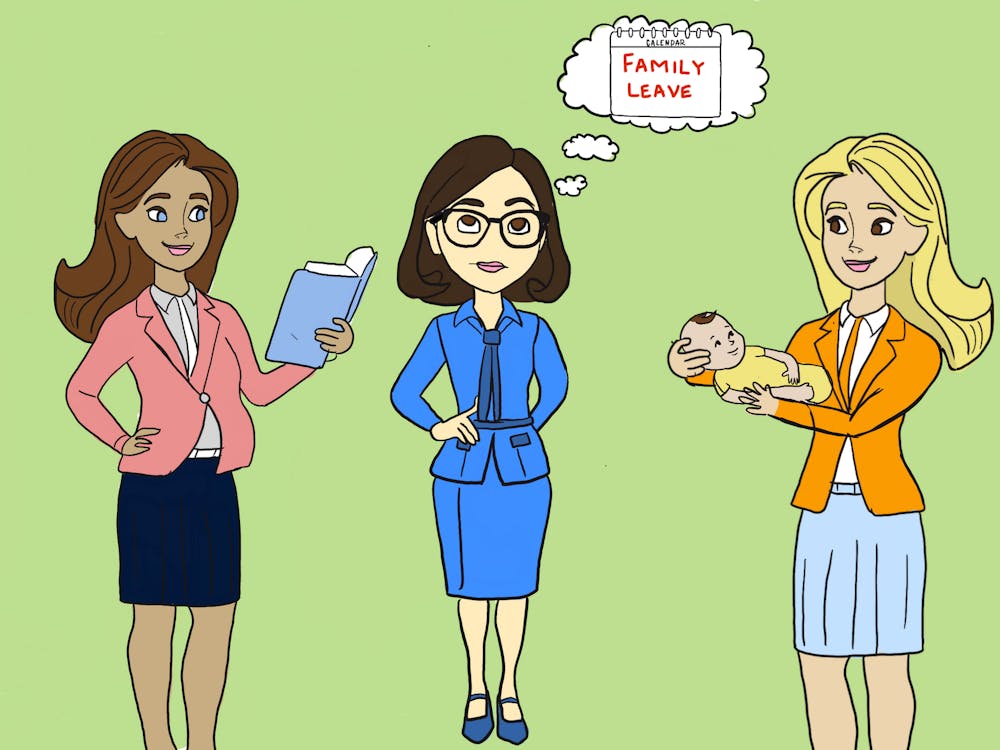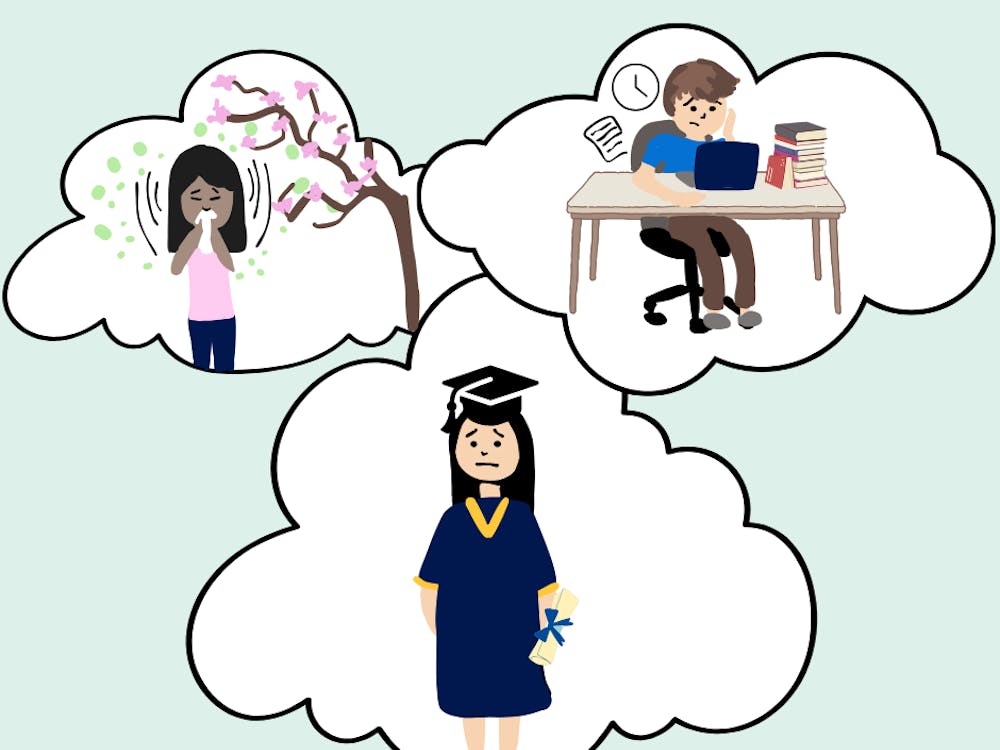1. Pick teams with the prettiest colors
Considering beauty is in the eye of the beholder, this is a completely subjective category — which makes it fun, because then you won’t have to share your winnings with anyone else! Things to keep in mind: Carolina blue is ugly, Michigan State green is also ugly and please don’t pick anyone with royal blue like Duke or Kentucky. But don’t let those rules limit you — colors like navy blue and orange are still incredibly valid colors to pick.
2. Pick teams with the best mascots
A dirty foot is not a good mascot, and neither is a Blue Devil or a Spartan or a Hokie either. Virginia Tech won’t make the tournament, but I threw that last one in there for good measure. Can you tell I’m still bitter about the ACC Tournament? Regardless, there’s a real life mascot contest where mascots compete against each other for costumed glory. Unfortunately, according to the website, this contest is being “revamped,” but I should follow Capital One on Facebook and Twitter in the meantime. Follow your heart and what you love at the zoo. It’s like the movie “Madagascar.” “Madagascar: Real Life,” with big felt suits.
3. Always pick the underdog
While it has been said it’s a dog-eat-dog world, I am not referring to the literal smaller dog in a playful scuffle between two puppies. I mean the lower-seeded team, the team that most likely should not have been in the tournament at all but won a conference no one knew existed. See MEAC, Missouri Valley and SWAC. The pros to picking the underdog are if they win, you’ll have bragging rights and people will be impressed with your basketball prowess forever. The cons are that it is a very unlikely chance that all the underdogs win.
4. Always pick the favored team
If my last bit of advice turned you off, consider doing exactly the opposite. Who says this article can’t be bipartisan? Statistically, there is a much better chance of the higher seeded team winning, as the reason they earned that higher seed is because they won a lot more games than the lower seeded teams. Though there tends to be a Cinderella team each year, why take the chance in guessing the fairy tale with 1 in 64 odds? That’s a lot of effort, and it’s highly unlikely any D1-level basketball player will be losing his shoe anytime soon.
5. Talk to a bracket consultant
Do you mean there are people whose actual, paying jobs are to act as consultants for picking the winning bracket? Why is it March and I’m still unemployed? If I wasn’t full of March Madness before, I definitely am now. For a hefty sum, one can have her choices analyzed and optimized for greatest monetary success. Supposedly this is legal, and it is quickly becoming my fastest route to post-graduate financial success, considering I’ve made it to the end of this paragraph and am still unemployed.
6. Go with your gut
This advice does not apply to my friend, who thought halftime was called a “semester break.” A slightly-less-questionable idea for those like my father, who is still basing his picks off what the NCAA was like when he was at U.Va. in the 80s. This is, however, a stellar idea for those who camped out for College Gameday and consider March Madness a better time to be alive than Christmas or Foxfield. Considering my gut is screaming “ice cream!” nine times out of 10, I fall closer to the questionable end of the spectrum.
7. Close your eyes and point to things
The odds of this working are slim, but consider the odds of picking a perfect bracket. According to research done by real life statisticians, you have a 1 in 9,223,372,036,854,775,808 chance in winning. For those not fluent in numbers and/or feasible probability, that is one in 9.2 quintillion. Raise your hand if you thought that quintillion was a made up number! Your odds are better to get killed by a falling coconut, naturally have quintuplets or have to visit the ER for a pogo stick related injury. May the odds be ever in your favor.
8. Fill out as many as possible
Aforementioned odds seem daunting? Double, triple, quadruple, or quintillioniple — a number I may have made up because I am a media studies major — them by filling out a lot of brackets. In most places, it’s free — the only thing you’ll be losing is some time and possibly your sanity, as it’s a lot easier to get worked up and eventually let down when you have a lot of things to be emotionally attached to. Don’t pick the same team to win in each bracket, because if that team loses, it will really be a one-two-quintillion punch to your chances of fame and fortune.
9. Do a blind swap
Do you have a really big team? Do they need some really nice rings? Prove it by having your most basketball-inclined homies fill out your bracket for you. If they trust you, offer to fill out their brackets as well. Not only will the eventual winner of the NCAA Tournament that your friend picked have some really nice rings, but the sweet, sweet sound of victory will have a great ring to it as well. Remember to tell everyone you were the one who picked your bracket, and if your friend wins, tell everyone you picked that bracket too. It’s every man for themselves — we’re not talkin’ teams.
10. Predict Virginia wins everything
Hoos don’t lose! True Hoos don’t choose anyone but the Hoos! True Hoos know Hoos Hoo in the tournament! I’ll spare you more Hoo puns, but considering we have an actual shot — I didn’t say anything about sparing basketball puns — to make it pretty far this year, this actually isn’t the worst idea. We’ve only lost one game by more than five points and the basic fact that both Tony Bennett and Malcolm Brogdon exist, so I’d say we’re poised to make a pretty good run at the Final Four. It’s the trHOOth. Sorry.






